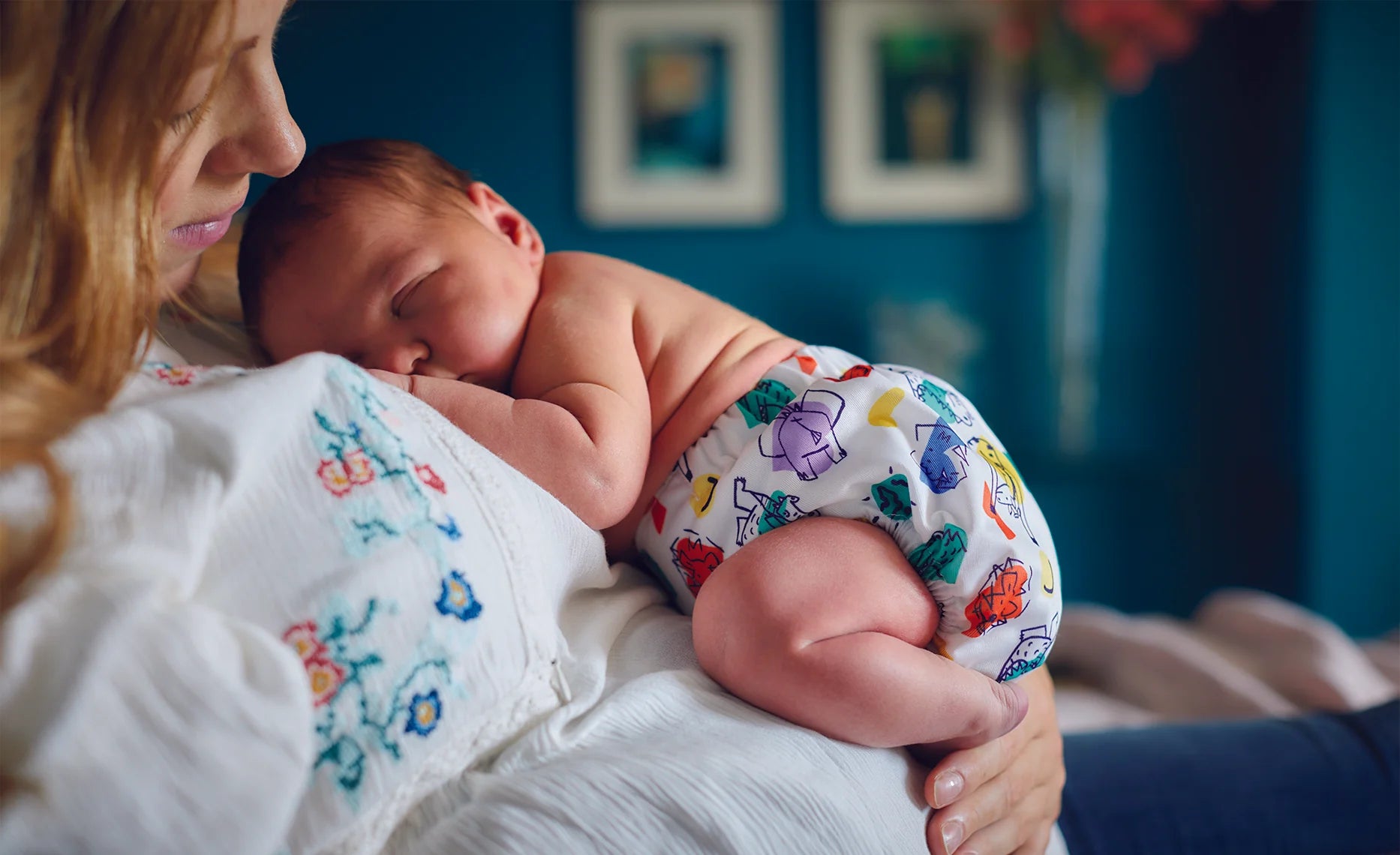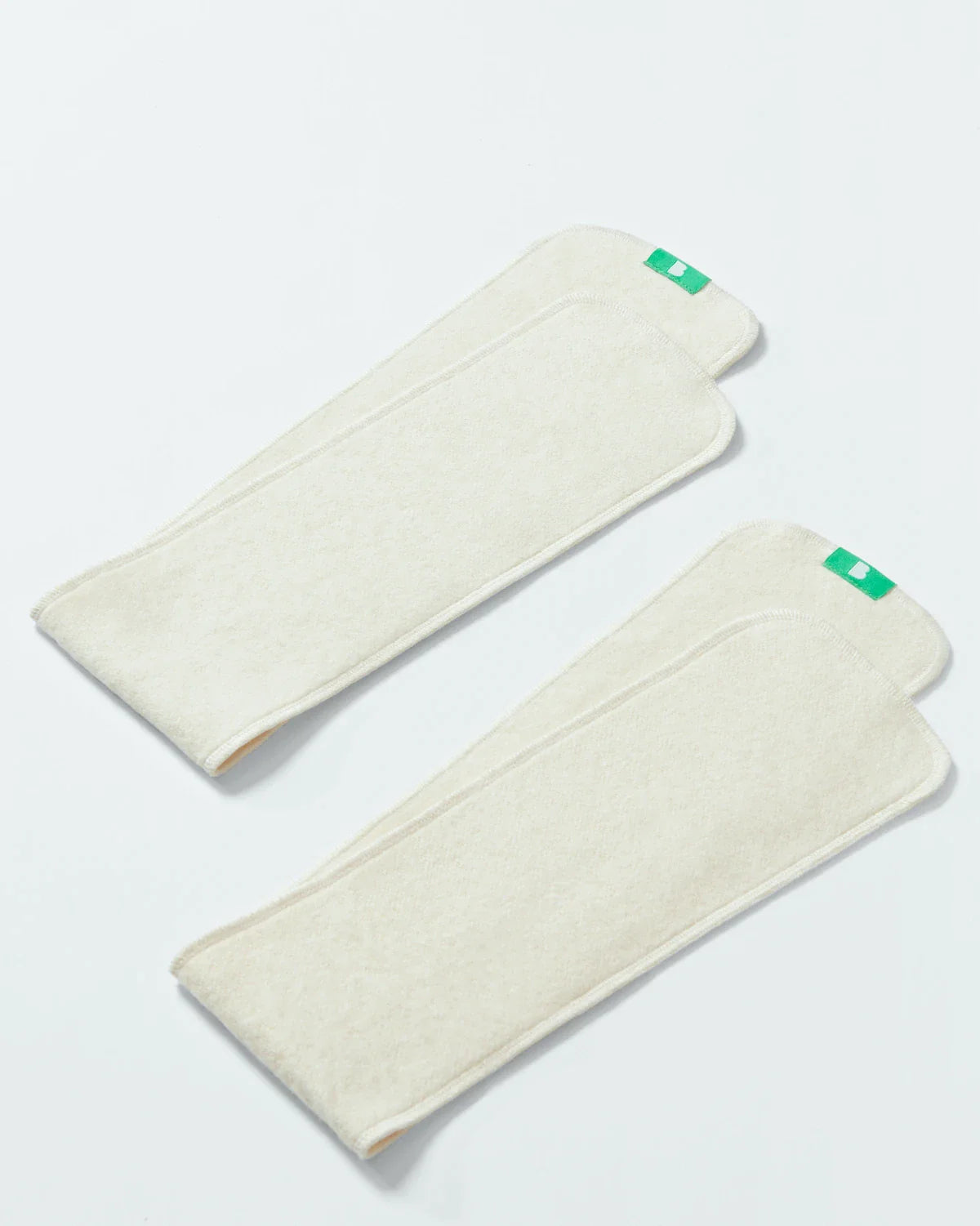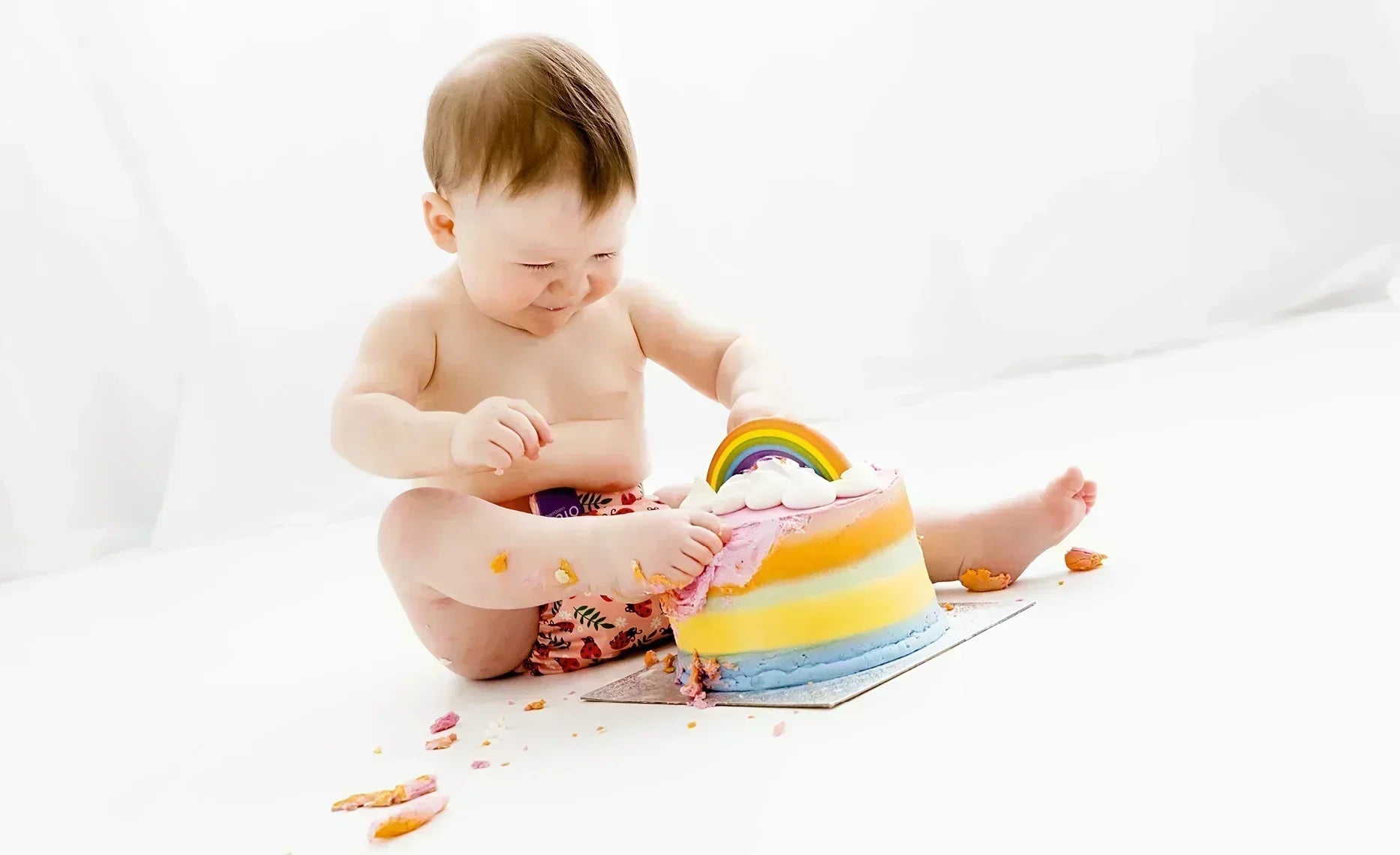When Will a Pregnancy Test Turn Positive?
Share Options
- Bambino Mio
- 23 / 10 / 2023

Inside this Article:
- Pregnancy tests are at their most reliable from the day your period is late
- “Early” pregnancy tests are less reliable
- When should I do a pregnancy test?
- Do I have to use morning urine?
- How do pregnancy tests work?
- I’m on the pill - can I still use a pregnancy test?
- How reliable are home pregnancy tests?
- Citations and References
If you’ve recently had unprotected sex, you may have become pregnant. Waiting to see if your period will arrive or be late can be stressful so you might be wondering how soon you can take a pregnancy test.
Pregnancy tests are at their most reliable from the day your period is late
Pregnancy tests detect the hormone human chorionic gonadotropin (hCG) (1), which is produced by the first cells of the placenta around six days after conception.
The levels of hCG rise very quickly once a pregnancy is established, doubling every two or three days (2).
In non-pregnant women, hCG levels are lower than 4IU/L (3) and once levels start to rise, they can reach 30-50IU/L around 14 or 15 days after conception, which is when you might expect to get your period.
Most standard over-the-counter pregnancy tests are designed to detect hCG in urine from 25IU/L, which is why it’s best to wait until your period is late.
“Early” pregnancy tests are less reliable
There are also many pregnancy tests available that can detect hCG at levels of 10IU/L in urine, but while they’re more sensitive, they’re also more prone to false positives.
Waiting until a 25IU/L test is positive is always wise, as you may have naturally slightly elevated hCG levels or you may have had a chemical pregnancy (4) which hasn’t progressed.
When should I do a pregnancy test?
If you’re using a 10IU/L pregnancy test then you can try it two or three days before your period is due - around 12 days after conception - although be ready to “back it up” with a 25IU/L test after a few days.
If you have irregular periods, then you should test at least 21 days after you had unprotected sex, with a further test a few days later if the result is negative.
Do I have to use morning urine?
Modern pregnancy tests, especially the more sensitive types, can work with urine collected at any time of day, so you don’t have to use morning urine.
How do pregnancy tests work?
All pregnancy tests, whether they’re urine tests or blood tests, detect the hCG hormone, which rises rapidly around six days after conception.
If your urine hCG levels are more than 25IU/L (or 10IU/L for “early” tests) then the test will show a positive result.
Pregnancy tests are easy to use, with most types just needing you to wee on the collector end of the test stick and then wait for the result. Each brand of test is slightly different, so make sure you read the instructions before you use yours.
I’m on the pill - can I still use a pregnancy test?
Yes, a pregnancy test will still work if you’re on the contraceptive pill as the hormones in the pill are different to hCG.
No method of contraception is completely effective, so it's important to take a pregnancy test if you think you might be pregnant.
How reliable are home pregnancy tests?
Home pregnancy tests are very reliable as long as you follow the instructions. Positive results are almost always accurate, as the hCG has to be present to be detected.
Negative results are less reliable, as you may have tested before the hCG has risen to detectable levels. If you had a negative result but you still think you’re pregnant, wait a few days and test again.
If your period doesn’t start despite a few negative pregnancy test results, see your GP for advice.
Citations and References
(1) National Institutes of Health (NIH). National Library of Medicine. ‘Human Chorionic Gonadotropin.’ 2022. Web. www.ncbi.nlm.nih.gov/books/NBK532950
(2) Healthline. ‘Human Chorionic Gonadotropin.’ 2022. Web. my.clevelandclinic.org/health/articles/22489-human-chorionic-gonadotropin
(3) New York Presbyterian. Health Library. ‘International Units per Liter.’ 2023. Web. www.nyp.org/healthlibrary/definitions/international-units-per-liter-iul
(4) WebMD. ‘What is Chemical Pregnancy?’ 2023. Web. www.webmd.com/baby/what-is-chemical-pregnancy







































